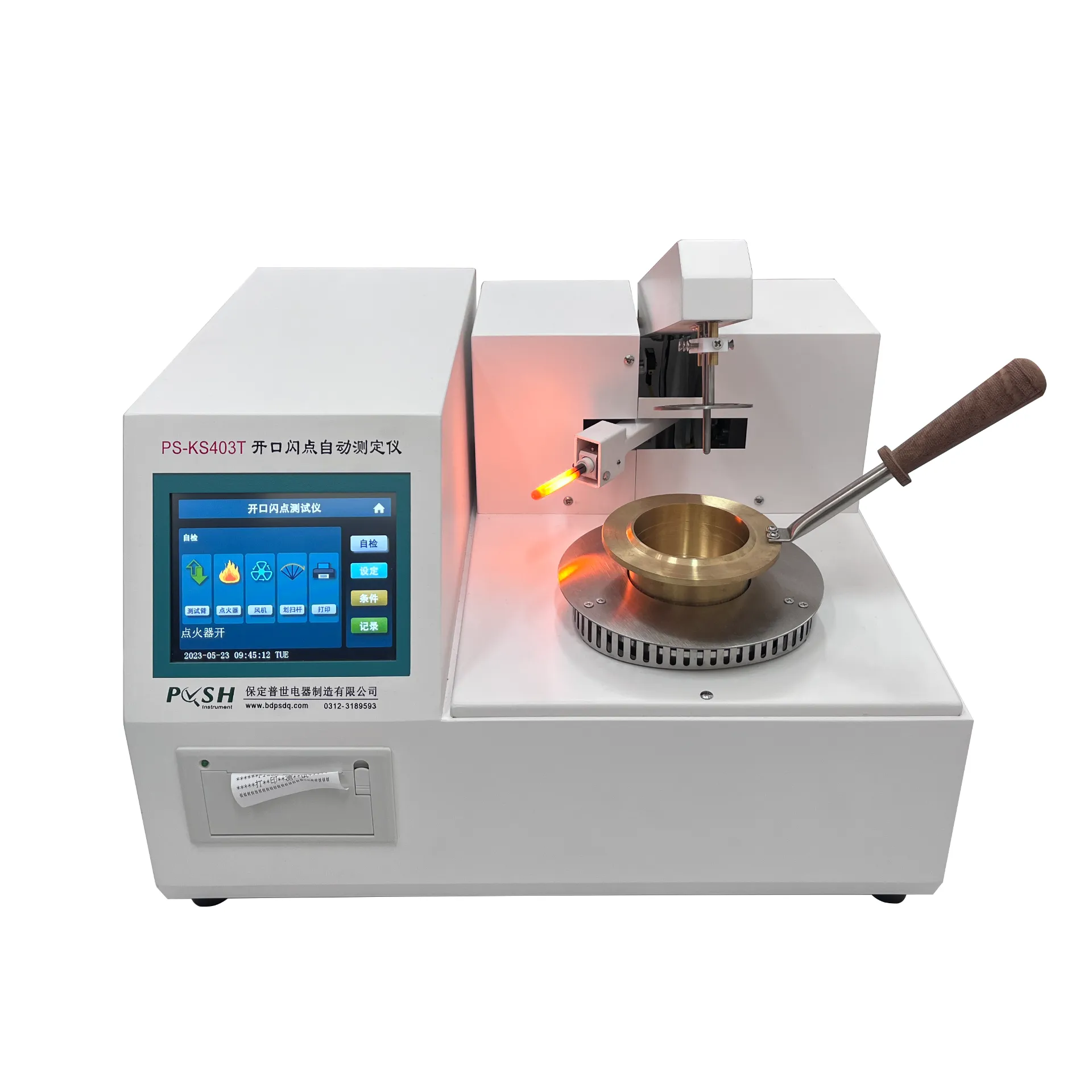 English
English



-
 Afrikaans
Afrikaans -
 Albanian
Albanian -
 Amharic
Amharic -
 Arabic
Arabic -
 Armenian
Armenian -
 Azerbaijani
Azerbaijani -
 Basque
Basque -
 Belarusian
Belarusian -
 Bengali
Bengali -
 Bosnian
Bosnian -
 Bulgarian
Bulgarian -
 Catalan
Catalan -
 Cebuano
Cebuano -
 China
China -
 China (Taiwan)
China (Taiwan) -
 Corsican
Corsican -
 Croatian
Croatian -
 Czech
Czech -
 Danish
Danish -
 Dutch
Dutch -
 English
English -
 Esperanto
Esperanto -
 Estonian
Estonian -
 Finnish
Finnish -
 French
French -
 Frisian
Frisian -
 Galician
Galician -
 Georgian
Georgian -
 German
German -
 Greek
Greek -
 Gujarati
Gujarati -
 Haitian Creole
Haitian Creole -
 hausa
hausa -
 hawaiian
hawaiian -
 Hebrew
Hebrew -
 Hindi
Hindi -
 Miao
Miao -
 Hungarian
Hungarian -
 Icelandic
Icelandic -
 igbo
igbo -
 Indonesian
Indonesian -
 irish
irish -
 Italian
Italian -
 Japanese
Japanese -
 Javanese
Javanese -
 Kannada
Kannada -
 kazakh
kazakh -
 Khmer
Khmer -
 Rwandese
Rwandese -
 Korean
Korean -
 Kurdish
Kurdish -
 Kyrgyz
Kyrgyz -
 Lao
Lao -
 Latin
Latin -
 Latvian
Latvian -
 Lithuanian
Lithuanian -
 Luxembourgish
Luxembourgish -
 Macedonian
Macedonian -
 Malgashi
Malgashi -
 Malay
Malay -
 Malayalam
Malayalam -
 Maltese
Maltese -
 Maori
Maori -
 Marathi
Marathi -
 Mongolian
Mongolian -
 Myanmar
Myanmar -
 Nepali
Nepali -
 Norwegian
Norwegian -
 Norwegian
Norwegian -
 Occitan
Occitan -
 Pashto
Pashto -
 Persian
Persian -
 Polish
Polish -
 Portuguese
Portuguese -
 Punjabi
Punjabi -
 Romanian
Romanian -
 Russian
Russian -
 Samoan
Samoan -
 Scottish Gaelic
Scottish Gaelic -
 Serbian
Serbian -
 Sesotho
Sesotho -
 Shona
Shona -
 Sindhi
Sindhi -
 Sinhala
Sinhala -
 Slovak
Slovak -
 Slovenian
Slovenian -
 Somali
Somali -
 Spanish
Spanish -
 Sundanese
Sundanese -
 Swahili
Swahili -
 Swedish
Swedish -
 Tagalog
Tagalog -
 Tajik
Tajik -
 Tamil
Tamil -
 Tatar
Tatar -
 Telugu
Telugu -
 Thai
Thai -
 Turkish
Turkish -
 Turkmen
Turkmen -
 Ukrainian
Ukrainian -
 Urdu
Urdu -
 Uighur
Uighur -
 Uzbek
Uzbek -
 Vietnamese
Vietnamese -
 Welsh
Welsh -
 Bantu
Bantu -
 Yiddish
Yiddish -
 Yoruba
Yoruba -
 Zulu
Zulu
power quality analysis
Transformers play a critical role in electrical power distribution, and ensuring their optimal performance is essential for the reliability of electricity supply. One key aspect of maintenance is transformer oil analysis. This diagnostic tool evaluates the condition of transformer oil, which acts as both an insulator and a cooling agent. Industries worldwide rely on transformer oil analysis to prevent operational failures and prolong the lifespan of their equipment.

Understanding the real-world benefits of transformer oil analysis begins with recognizing its role in preemptive maintenance. Equipment failures can cause significant downtime, resulting in immense financial losses and operational setbacks. Regular oil analysis helps in early detection of potential issues, such as the presence of moisture, oil degradation, and foreign contaminants. For instance, leakage of gases like hydrogen, methane, or carbon dioxide into the oil can indicate unwanted electrical discharges or overheating. By identifying these issues promptly, industries can schedule maintenance or corrective measures during planned downtime, thus avoiding unexpected disruptions.
Expertise in the field is underscored by the different methodologies used in transformer oil analysis. Techniques such as Dissolved Gas Analysis (DGA), Furan Analysis, and Moisture Content Testing provide a comprehensive understanding of a transformer's health. Each test offers valuable insights; DGA, for example, is instrumental in detecting faults within the transformer before they manifest into significant problems. Furthermore, benchmarking this data against historical records enables predictive analytics, which can forecast potential future faults, thus aligning with modern maintenance strategies like condition-based maintenance (CBM).

Authoritativeness in transformer oil testing is bolstered by adhering to industry standards set by renowned organizations such as ASTM International and the International Electrotechnical Commission (IEC). Following these standards ensures the accuracy and reliability of test results. It also lays a foundation for comparing data across different transformers and operational sites, enabling companies to adopt best practices based on verifiable data. Compliance with these standards not only enhances operational reliability but also builds confidence among stakeholders regarding the safety and efficiency of electrical networks.
transformer oil analysis
Building trust through transformer oil analysis also involves transparent reporting and communication. Service providers should deliver reports that are not only technically sound but accessible to non-experts making operational decisions. Reports should communicate findings clearly, providing actionable insights rather than just technical data. This transparency facilitates informed decision-making and fosters a collaborative environment between maintenance teams and management, ensuring that maintenance strategies align with business objectives.
Investment in state-of-the-art testing technology is another factor that demonstrates credibility and trustworthiness. Modern laboratories equipped with advanced diagnostic tools can provide faster turnaround times and more accurate results. Moreover, leveraging digital platforms to store and analyze data, allows stakeholders to access historical data and trends, driving smarter maintenance decisions.
Moreover, with an increasing emphasis on sustainability and environmental responsibility, transformer oil testing plays a role in supporting green initiatives. Properly maintained transformers are more energy-efficient, reducing their carbon footprint. Furthermore, analyzing oil conditions can also ensure safe disposal and recycling of oil, aligning with environmental regulations and promoting corporate responsibility.
In conclusion, transformer oil analysis is not merely a technical procedure but a strategic tool that supports operational efficiency, reliability, and sustainability. Industries that prioritize regular oil testing and align with expert insights and authoritative practices reap substantial benefits, including cost savings, enhanced operational lifespan of transformers, and greater trust among stakeholders. Whether it's preventing failures or promoting greener operations, transformer oil analysis proves indispensable in the modern industrial landscape.
-
Testing Equipment Industry Sees Major Advancements in 2025: Smart & Precision Technologies Lead the WayNewsJun.06,2025
-
Applications of Direct Current Generators in Renewable Energy SystemsNewsJun.05,2025
-
Hipot Tester Calibration and Accuracy GuidelinesNewsJun.05,2025
-
Digital Circuit Breaker Analyzer Features and BenefitsNewsJun.05,2025
-
Benefits of Real-Time Power Quality Monitoring Devices for Industrial EfficiencyNewsJun.05,2025
-
Earth Fault Loop Testing in High-Rise Building Electrical SystemsNewsJun.05,2025



